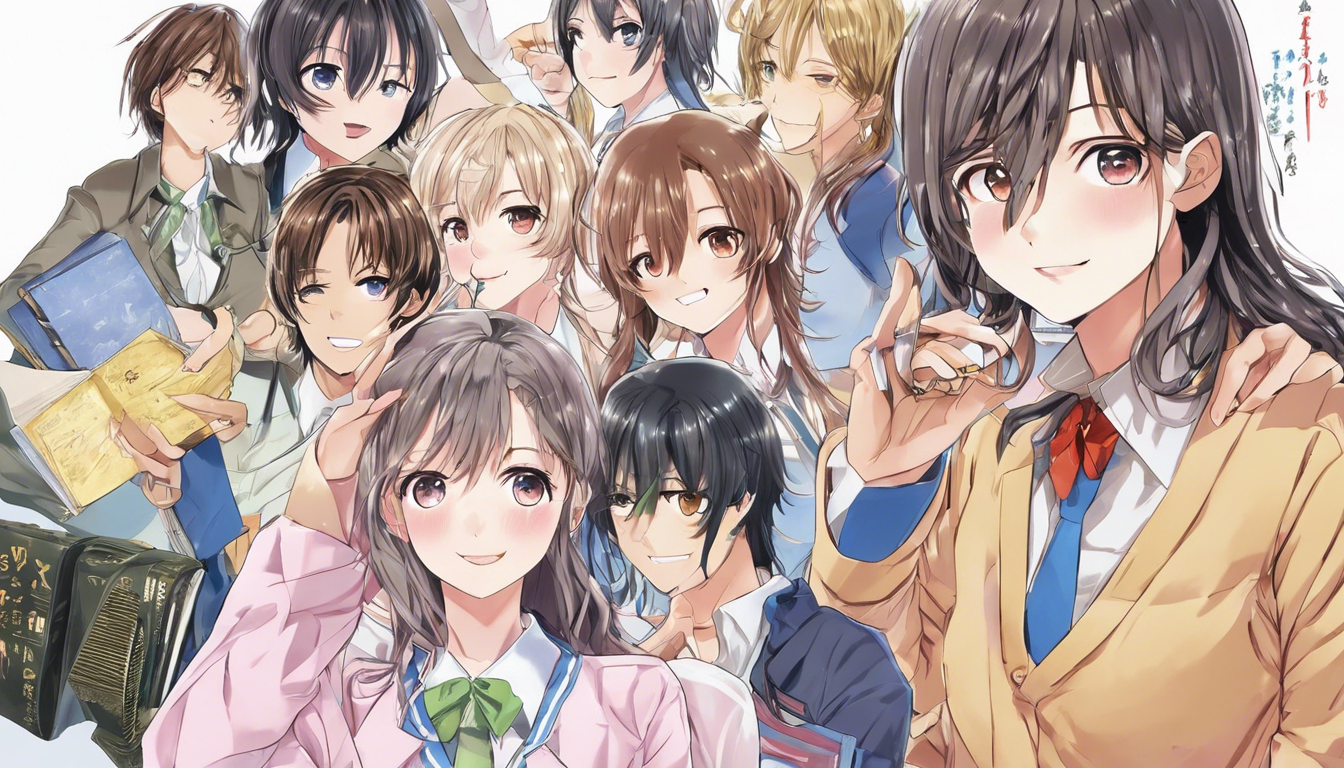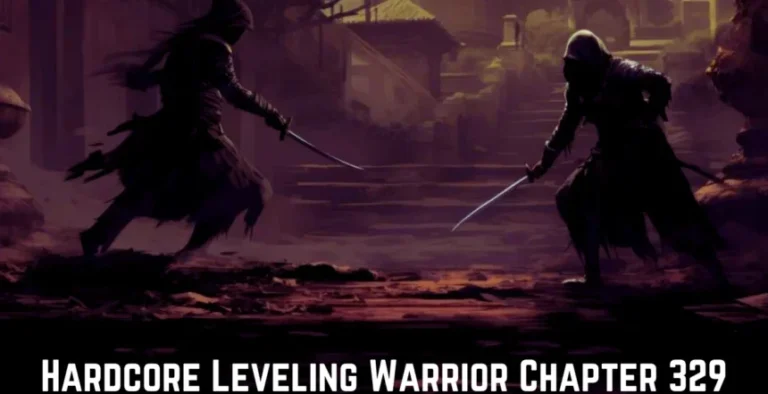Classmate no Moto Idol ga Novel: A Complete Guide to the Light Novel Series
The Japanese light novel series “Classmate no Moto Idol ga Novel” has captured the attention of readers worldwide with its unique blend of school life, romance, and idol culture. This comprehensive guide explores the series’ plot, characters, themes, and impact on the light novel industry.
Plot Overview
“Classmate no Moto Idol ga Novel” follows the story of a high school student who discovers that one of his classmates was previously a famous idol. The narrative weaves together elements of:
- Slice-of-life scenarios
- Coming-of-age moments
- Complex character relationships
- Behind-the-scenes glimpses of the idol industry
Main Characters
Protagonist
- Name: Akira Takashima
- Grade: Second-year high school student
- Personality: Reserved but kind-hearted
- Role: Discovers the former idol’s secret
Former Idol
- Name: Mei Sakurada
- Previous stage name: Cherry Blossom
- Current status: Regular high school student
- Reason for leaving idol life: Revealed throughout the series
Supporting Cast
- Classroom friends
- Former idol industry contacts
- Family members
- School faculty
Novel Series Structure
Volume Breakdown
- Volume 1: “The Secret Revealed”
- Volume 2: “Past and Present”
- Volume 3: “Rising Tensions”
- Volume 4: “New Beginnings”
- Volume 5: “Unexpected Returns”
Publication Details
- Original release: 2021
- Publisher: Light Novel Press
- Release schedule: Quarterly
- Available formats: Paperback and digital
Themes and Analysis
Identity and Self-Discovery
The series explores how individuals navigate different aspects of their identity, particularly:
- Public versus private persona
- Growth and change
- Authenticity in relationships
- Personal reinvention
Entertainment Industry Commentary
“Classmate no Moto Idol ga Novel” provides insight into:
- Idol culture pressures
- Fame’s impact on young performers
- Industry expectations
- Work-life balance challenges
School Life Elements
The series incorporates traditional school story elements:
- Club activities
- Academic challenges
- Friendship dynamics
- School festivals
Writing Style and Narrative Techniques
Character Development
The author employs various techniques to develop characters:
- Internal monologues
- Flashback sequences
- Multiple perspectives
- Dialogue-driven scenes
Pacing
The story maintains reader engagement through:
- Strategic plot reveals
- Character relationship progression
- Background story integration
- Concurrent storylines
Reception and Impact
Critical Response
- Positive reviews for character development
- Praise for realistic portrayal of idol industry
- Recognition for balanced storytelling
- Appreciation for authentic school life depiction
Commercial Success
The series has achieved:
- Strong sales numbers
- Regular reprints
- Digital platform success
- International translation deals
Cultural Context
Idol Culture References
The series accurately portrays:
- Training schedules
- Performance preparations
- Fan interactions
- Industry practices
School Life Authenticity
Realistic depictions of:
- Japanese high school routines
- Club activities
- Student relationships
- Academic pressures
Manga Adaptation
Visual Representation
- Monthly serialization
- Faithful character designs
- Additional scene development
- Enhanced emotional impact
Artist Details
- Experienced manga artist selection
- Collaboration with novel author
- Style consistency
- Visual storytelling expertise
Fan Community
Online Presence
- Active social media discussions
- Fan art communities
- Theory crafting groups
- Translation projects
Event Participation
- Book signing events
- Convention appearances
- Fan meetups
- Online celebrations
Similar Works and Recommendations
Related Light Novels
Fans of “Classmate no Moto Idol ga Novel” might enjoy:
- School idol series
- Slice-of-life stories
- Coming-of-age narratives
- Entertainment industry tales
Genre Comparison
How the series stands out:
- Unique perspective on idol life
- Strong character relationships
- Balanced drama and comedy
- Realistic situation handling
Merchandise and Media
Official Products
- Character goods
- Art books
- Drama CDs
- Limited edition releases
Digital Presence
- Official website
- Social media accounts
- Newsletter updates
- Digital extras
Future Development
Series Potential
- Ongoing volume releases
- Possible anime adaptation
- International expansion
- Spin-off opportunities
Author’s Plans
- Character development goals
- Plot progression
- World expansion
- Side story possibilities
Reading Experience
Format Options
- Physical copies
- Digital editions
- Audio versions
- Special editions
Reading Order
- Main series chronology
- Side story placement
- Bonus chapter integration
- Supplementary material timing
Educational Value
Cultural Learning
Readers gain insight into:
- Japanese school life
- Entertainment industry
- Social dynamics
- Cultural traditions
Character Lessons
The series teaches about:
- Personal growth
- Friendship value
- Identity acceptance
- Goal pursuit
Conclusion
“Classmate no Moto Idol ga Novel” stands as a compelling addition to the light novel genre, offering readers a unique perspective on idol culture, school life, and personal growth. Its success demonstrates the enduring appeal of well-crafted character-driven narratives in Japanese literature.
Additional Resources
Official Sources
- Publisher website
- Author’s blog
- Social media accounts
- Newsletter subscriptions
Fan Resources
- Discussion forums
- Fan websites
- Review platforms
- Community groups
Reading Tips
Optimal Experience
- Start with Volume 1
- Read bonus materials
- Join community discussions
- Follow official updates
Enhancement Suggestions
- Keep character guide handy
- Note plot connections
- Track character development
- Engage with fan theories
This comprehensive guide to “Classmate no Moto Idol ga Novel” provides readers with everything they need to know about this engaging light novel series. Whether you’re a new reader or a longtime fan, the series offers a rich narrative experience that combines entertainment industry insights with compelling character development.







